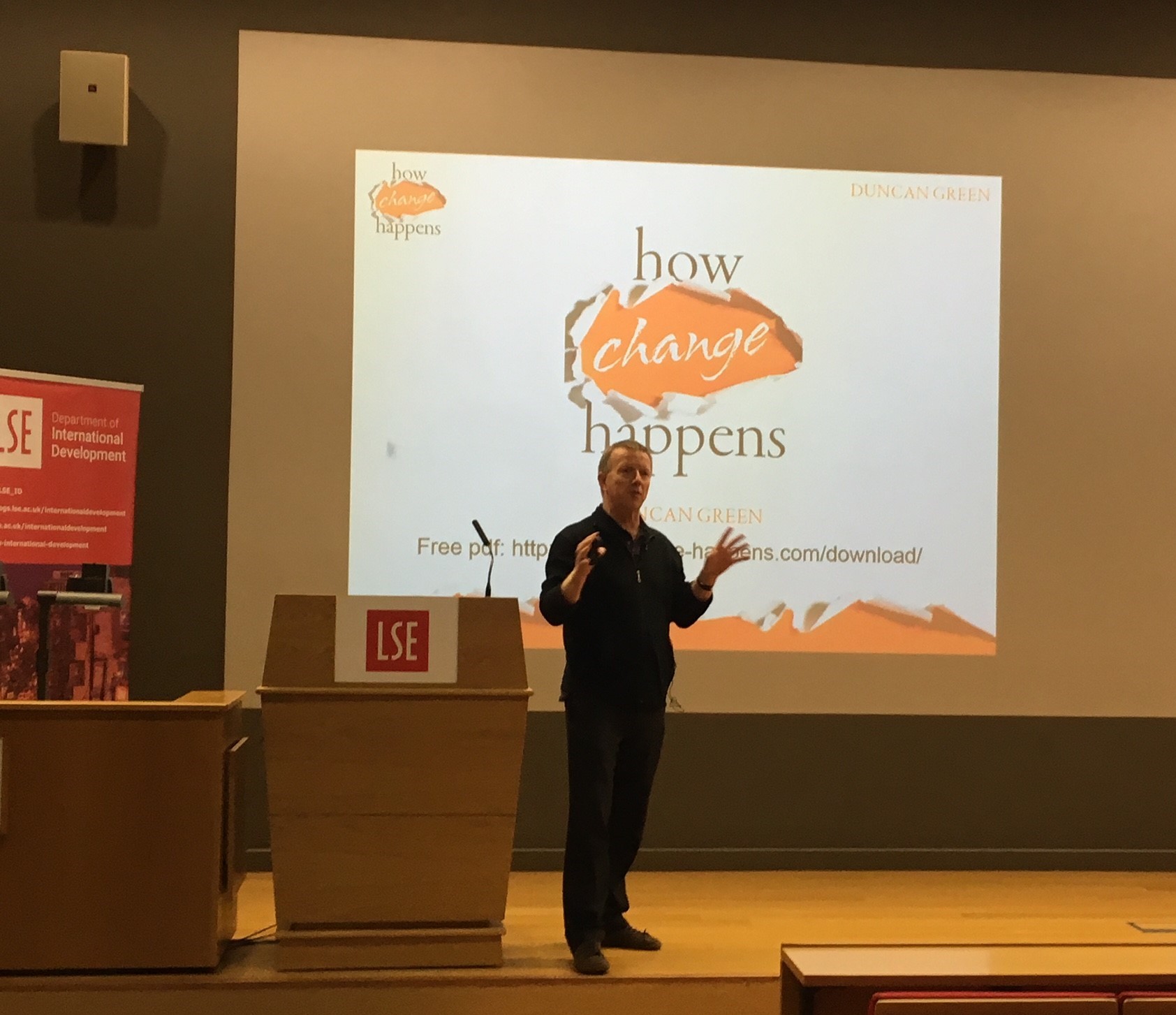Mobile phones in class: useful, or just a nuisance?
A recent study by Jeffrey Kuznekoff in Communication Education argues that the use of mobile phones in class may actually be beneficial to learning – if students stay on topic, that is.
“Having the student bring their own device and use [it] in a meaningful way that connects to the content is something we should be exploring,” Kuznekoff said in an interview. “It’s a losing battle to try to fight that.”
LSE’s Dr Kate Meagher is unconvinced.
 “There are two issues here,” she says.
“There are two issues here,” she says.
“First of all, does ‘beneficial’ mean the same thing as ‘not too detrimental’, and secondly, how does one ensure that they stay on topic? The study indicated that students subjected to a very structured succession of on-topic prompts achieved results that were ‘nearly on par’ which those who put away their mobile phones and actually focused on the lecture. Call me fussy, but ‘nearly on par’ is not what I would describe as beneficial to learning.
“The second issue is how one ensures that students stay on topic. Since there are not a lot of people out there texting and tweeting for details about the particular lecture one happens to be listening to at the time, this would require investing apparently scarce academic resources in arrangements for texting specific groups of students on various lecture materials being taught at various times during the school calendar, presumably by paying mobile phone companies to do it.
“It would also be necessary to create some kind of firewall to ensure that outside messages about where to meet for dinner or that outrageous thing that happened in the library last night cannot compete with the educational messages. This seems like rather a lot of trouble and expense in order to help students do slightly less well than they would if you just asked them to put their mobile phones away in class.
![SmartPhone Users. Image Credit: Esther Vargas [https://www.flickr.com/photos/esthervargasc/9657863733/]](https://blogs.lse.ac.uk/internationaldevelopment/files/2015/06/SmartPhoneUsers.jpg)
Higher education is about concepts, critical analysis and concentration.
“Edutainment”
“In this age of novelty, it is important to distinguish between innovative teaching and ‘bells and whistles’. Labour and capital intensive flourishes that entertain but do not actually contribute to improved understanding are not innovative teaching; they are ‘edutainment’.
“Such embellishments may distract some student from feeling aggrieved about the whopping fees they’re paying, but bringing technological fun’n’games into the classroom in ways that undermine the actual process of learning, however marginally, is hardly value for money.
“Higher education is about concepts, critical analysis and concentration.
“Our job as innovative educators is to teach students to engage more deeply with the material, to make new connections and to stretch themselves, not to hanker after bells and whistles so that they can be ‘nearly on par’ with less effort.
“Knowledge and the pursuit of excellence are hard work, and the skills built in getting there are part of the reward. We do our students a disservice by pretending otherwise.”
So, phones in lectures: useful? Offputting? Or even somewhere inbetween? Join the debate by leaving a comment below!

Related Posts: Duncan Green: ‘How do you keep 100 students awake on a Friday afternoon?’






Lots of things to say on this: First live tweeting is usually one of the most uninteresting to read; second, even if students start out opening up their phones/devices to tweet, the temptation to then go and do something else is pretty huge. On the other hand, I don’t agree with those lecturers who ban laptops – I guess it just adds to the challenge for the lecturer: not only do you have to be sufficiently interesting to keep your audience awake, but also to stop them going and checking their facebook/doing other stuff online. It’s a hard life at the lectern……
Unless the live Tweeting happens to be about Duncan Green on civil society? Always beware anyone who wears bright fuchsia shirts like mine.
This is a tough one. It depends on the level of responsibility that lecturers assume for results and for preventing distractions. But it is a challenge, and as such needs to be risen to as opposed to just flattened.
Interestingly, on Twitter, there has been more support than opposition for interactive smartphone use – though no proper arguments. (Twitter’s main foible in a nutshell!) But now that people’s livelihoods are starting to rest on this sort of hi-tech delivery becoming the new mode of education, it may end up a harder life still at the lectern.